A Perfect Day for Hunting
on May 20, 2025We had an incredible morning on a walking safari, filled with fun and adventure under the midday sun. As we wandered through the open savanna. Birds flew overhead, mammals moved through the grass, and even the tiniest creatures—bugs and insects—captured our attention with their subtle activity.
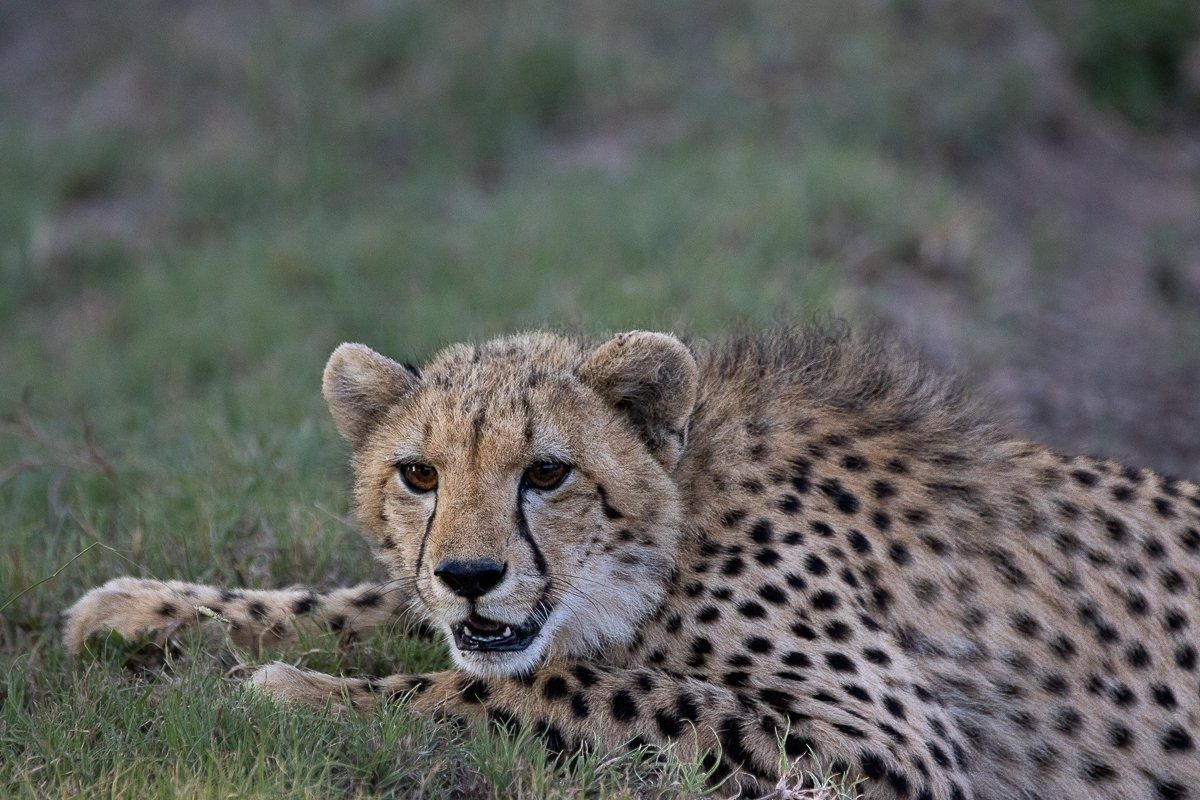
Then, just after we arrived at a waterhole, the unexpected happened. We caught a glimpse of an elusive cheetah, slowly making its way toward the water. Its movements were deliberate and focused—this was no casual stroll. Our excitement grew as we spotted a group of impala grazing nearby, partially hidden by the tall grass.
Cheetahs are more than just fast—they're masterful strategists. Unlike lions or leopards, which rely on power or stealth, cheetahs depend on explosive speed and agility to hunt. They typically pursue their prey during the day, using their exceptional eyesight to detect movement from afar.
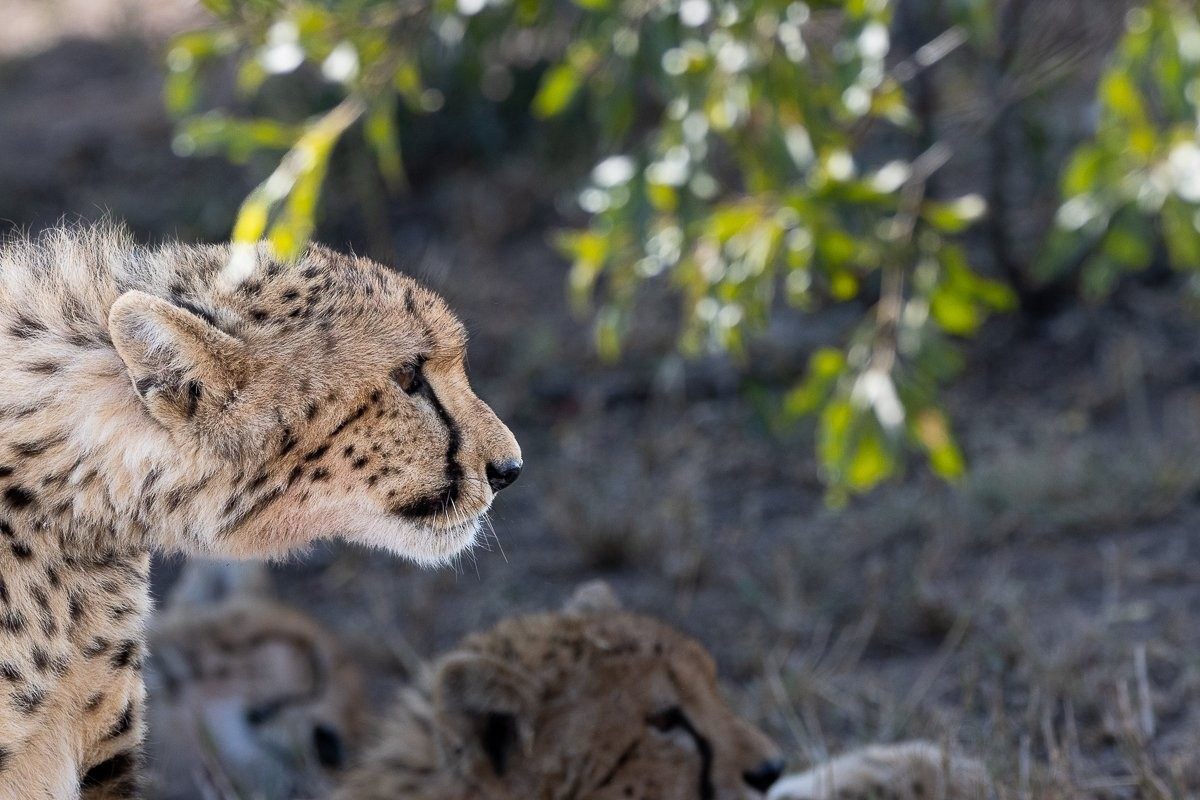
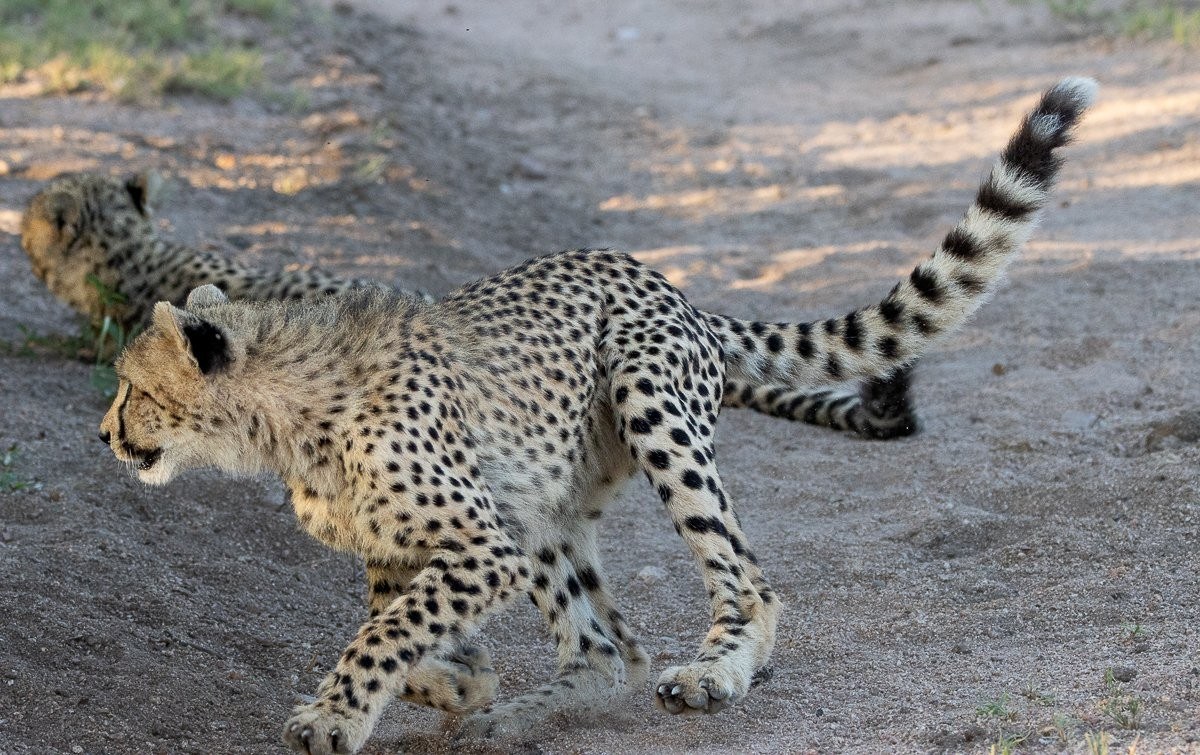
As the cheetah spotted the unsuspecting impala grazing nearby, it crouched low to the ground, blending seamlessly into the tall grass. The key to a successful hunt lies in the element of surprise - the cheetah must get as close as possible before unleashing its explosive sprint. We watched intently, and with closer observation, realised it wasn’t alone. Three more cheetahs were trailing quietly behind, staying in the background and following at a cautious distance, as if taking a backstage role in the unfolding drama.
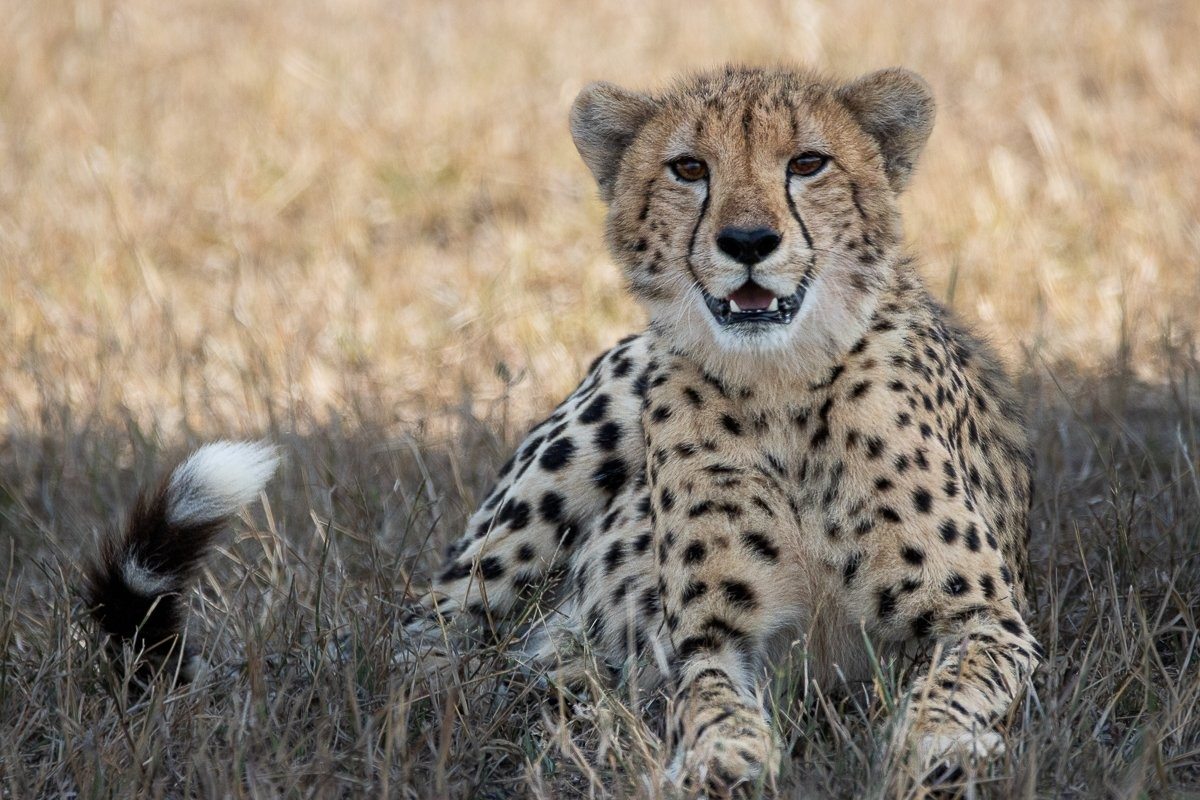
Suddenly, the cheetah saw its opportunity. A young male impala had strayed slightly from the safety of the herd. In an instant, the cheetah burst from its hiding place, accelerating with astonishing speed. Within seconds, it was at full sprint, tearing across the open area in a blur of motion, heading toward a bush in the middle of the clearing where the chase intensified.
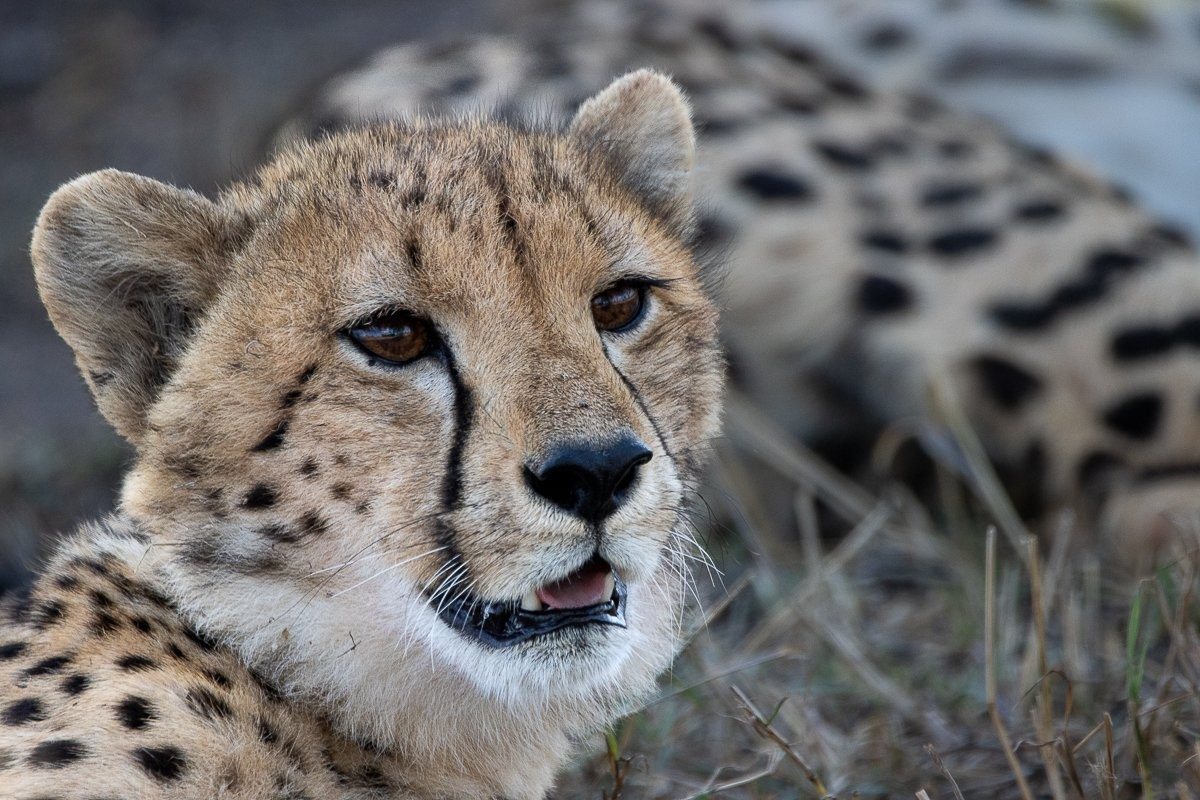
As the chase unfolded, we watched in excitement from the deck of Selati Camp, hearts racing with the drama playing out before us. The cheetah closed the gap with a final, explosive burst of speed. A cloud of dust engulfed both predator and prey, blurring the scene for a moment. Then, it became clear - the cheetah had succeeded. It had brought the impala down, right before our eyes. In a matter of seconds, the hunt was over. The cheetah had secured its meal.
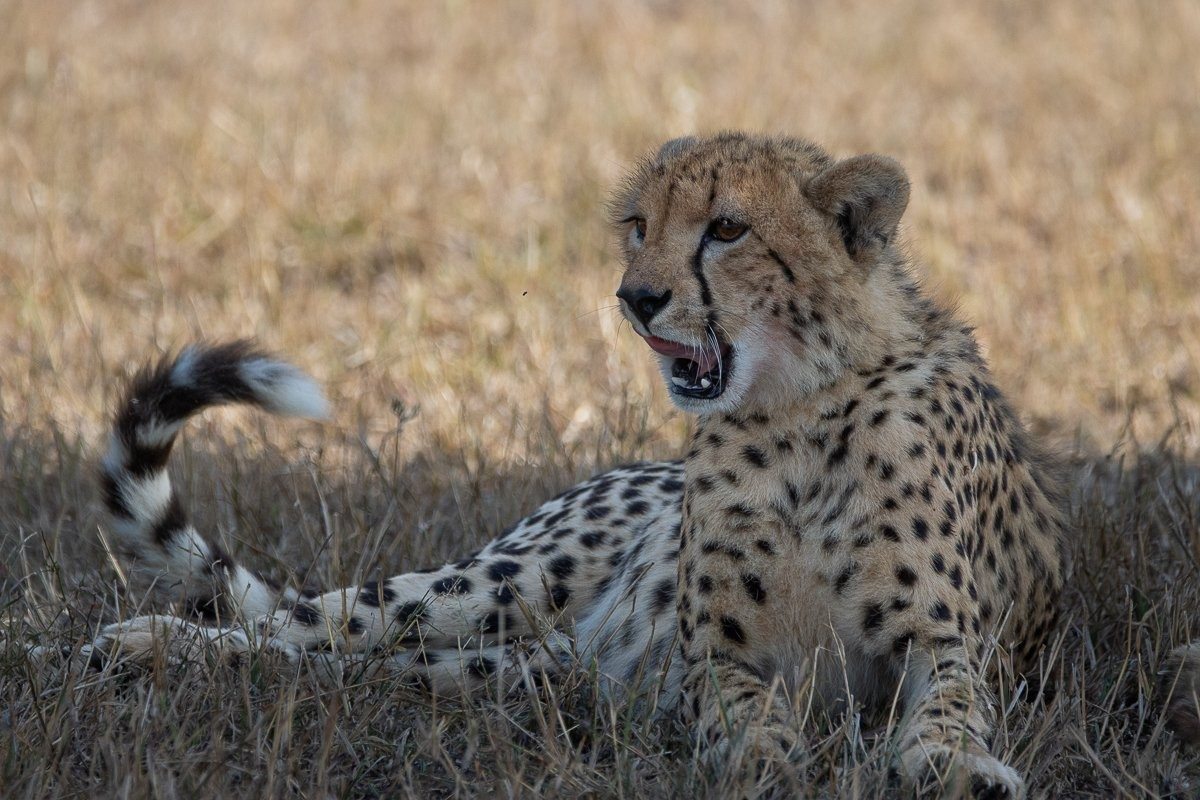
Hunting takes a significant toll on a cheetah’s body. After such an intense sprint, it must rest and recover. As the adrenaline rush fades, the cheetah pants heavily, catching its breath before beginning to feed on its hard-earned meal.
We quickly gathered our gear and, along with our guests, prepared to drive closer to the scene. But we weren’t the only ones moving in. Just a few minutes after the cheetah began opening the kill, vultures started to descend. The mother and her three cubs, sensing what was coming, fed more urgently, knowing their time was limited before the scavengers overwhelmed them.
It didn’t take long. The largest vultures in the area - the Lappet-faced vultures - began to land, signalling the turning point. We counted between six and eight of these imposing birds, along with several others. The cheetahs, though still hungry and having eaten less than half of the kill, recognised the threat. Pressured by the growing number of aggressive vultures, they had no choice but to retreat, leaving their hard-won meal behind.
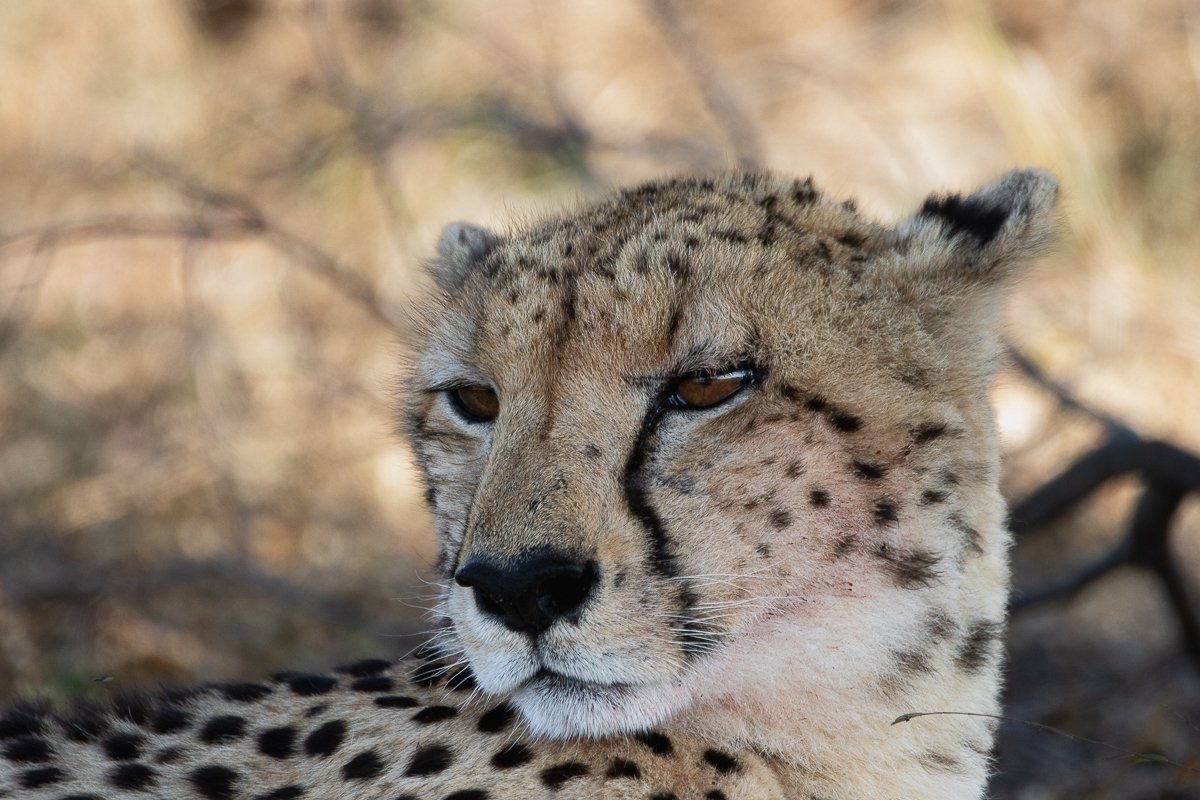
The cheetah’s kill serves as a powerful reminder of the delicate balance of life in the wild. Each successful hunt is a testament to the cheetah’s remarkable adaptations and hunting skills, but it also underscores the many challenges these magnificent animals face. With ongoing habitat loss and declining prey populations, cheetahs are becoming increasingly vulnerable in a rapidly changing world. That’s why witnessing such a rare and extraordinary moment was so thrilling for all of us—an encounter with one of nature’s most elusive and endangered species.
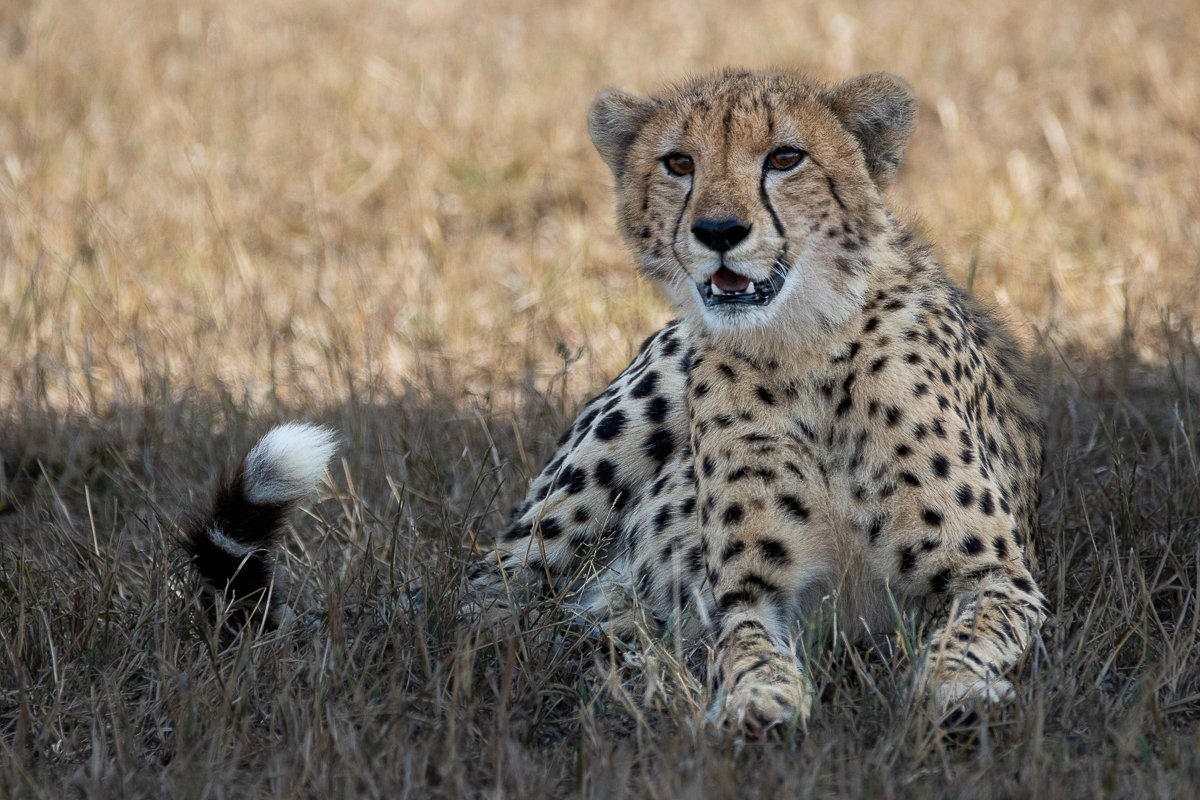
As we marvel at the cheetah’s beauty and grace, we are also reminded of the urgent need for conservation efforts to protect these extraordinary animals and the habitats they depend on. The art of the chase is more than a dramatic spectacle - it plays a crucial role in maintaining the balance of the ecosystem, ensuring the survival of both predator and prey within the intricate web of life.
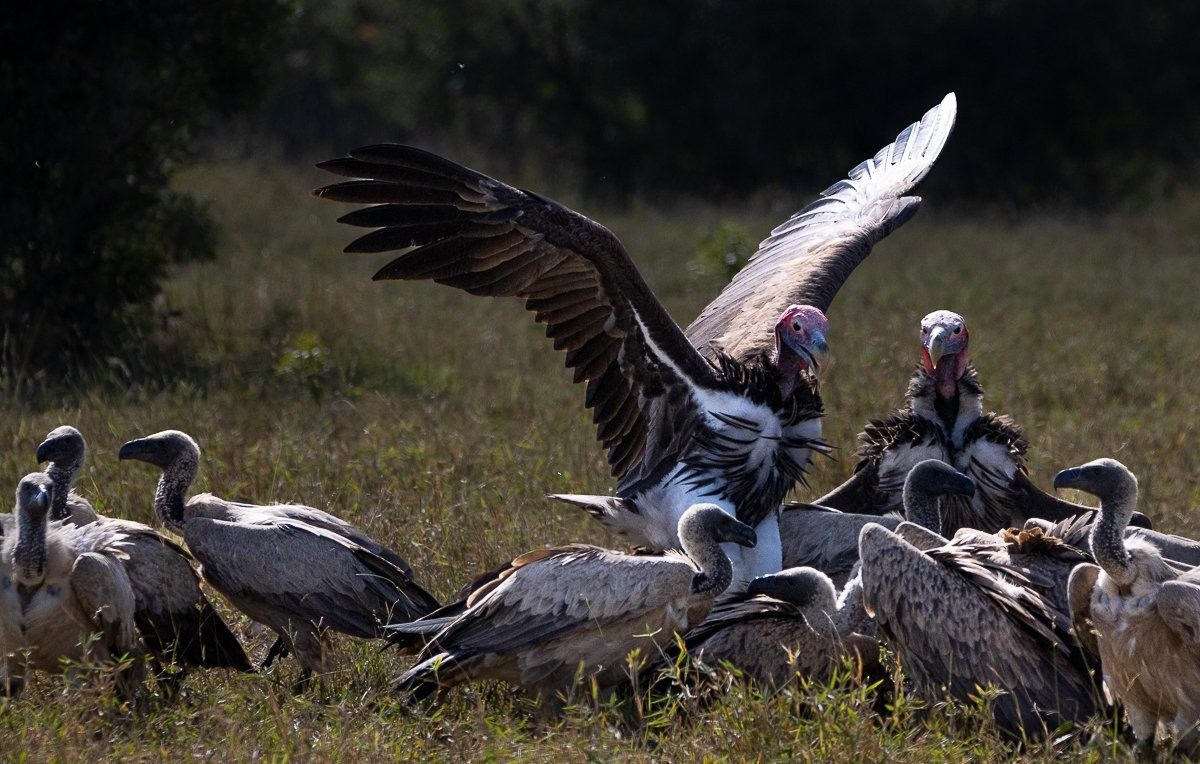
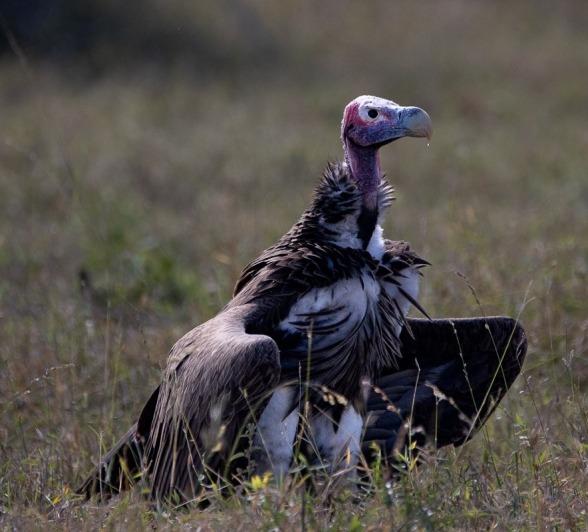
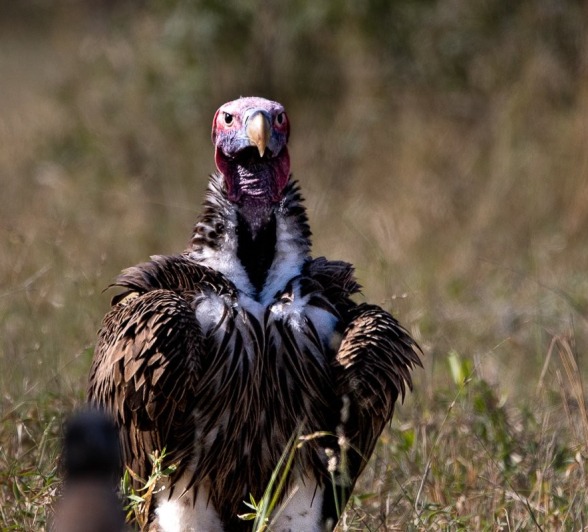
Blog by Ronald Mutero (Selati Camp Ranger)







